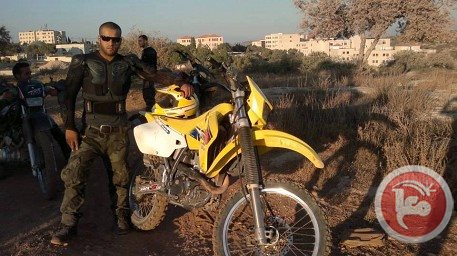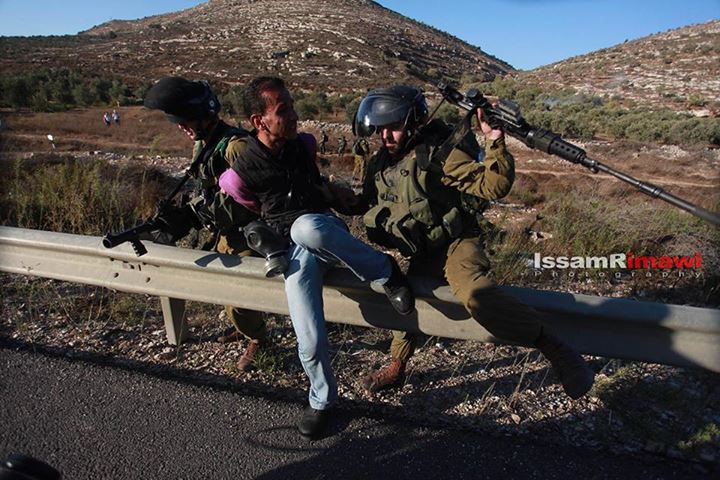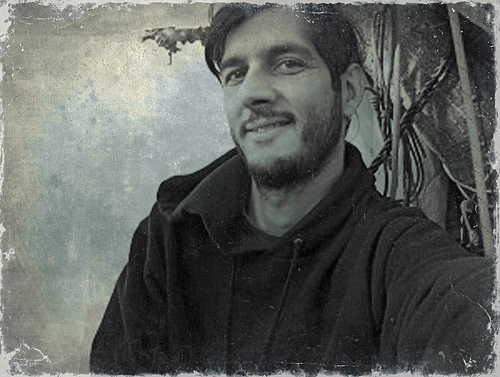Category: Press Releases
-
Israeli forces use excessive force killing Palestinian civilian and wounding 4 others, including 3 children, in Jenin refugee camp
18th September 2013 | Palestinian Centre for Human Rights | Jenin, Occupied Palestine In an excessive use of lethal force, on Tuesday morning, 17 September 2013, Israeli occupation forces killed a Palestinian civilian and wounded 4 others, including 3 children, in Jenin refugee camp in the northern West Bank. According to investigations conducted by the Palestinian Center…
-
Updated: Three Palestinian activists arrested during demonstration against road closure in Qaryut
10th September 2013 | International Solidarity Movement, Ramallah Team | Qaryut, Occupied West Bank Update 11th September: Abdallah Abu Rahmah was released at around 10pm last night. Bashar Qaryouti and Salah al-Khawaja have also been released. Bashar has needed medical attention after being beaten during his arrest. ******* Three Palestinian activists have been arrested today related…
-
New court dates for Tristan Anderson’s civil trial against Israeli military
6th September 2013 | justice4tristan | Jerusalem New trial dates have been set for Tristan Anderson’s civil case against the Israeli Military. The new dates follow a recent ruling from the High Court of Israel forcing the Israeli Police to re-open their investigation into the near fatal shooting, which occurred when Israeli Border Police opened fire…



